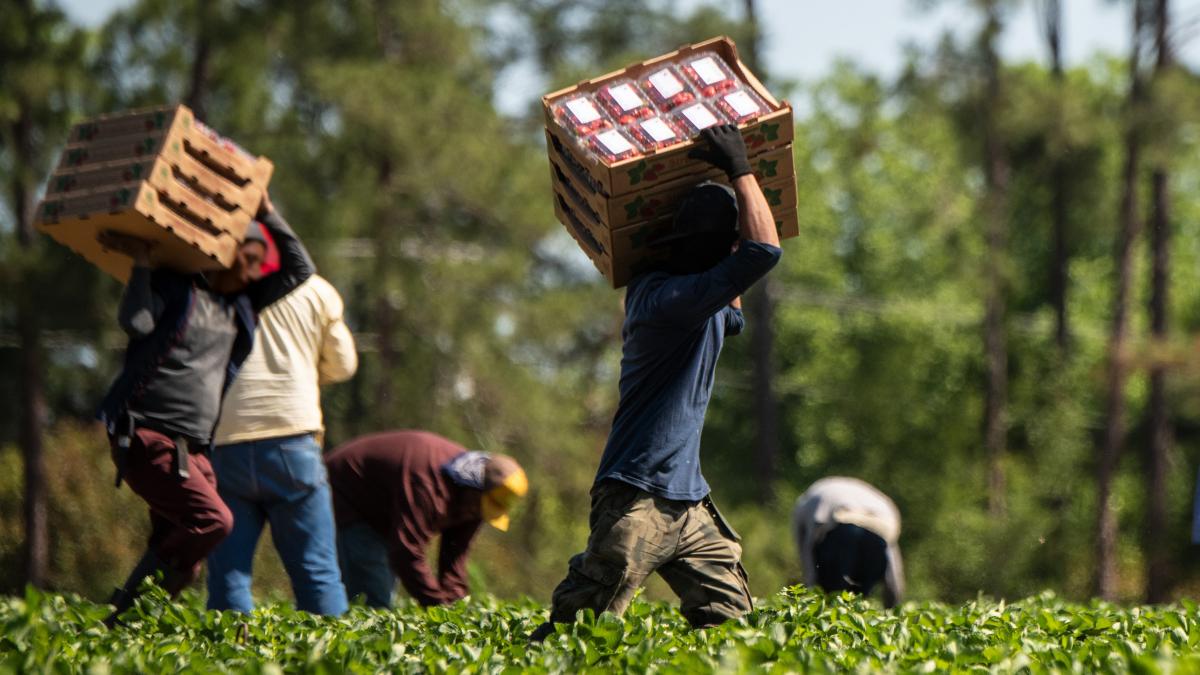
For more than 15 years, Catherine Karr and Christine Loftus have collaborated with communities in Washington’s Yakima Valley to conduct research on environmental factors that affect child health. In that time, wildfire smoke has become an increasing problem, not just because the region is routinely hard hit by smoke, but also because communities in the Yakima Valley are especially vulnerable. A high percentage of people work outdoors in agriculture, especially in seasons of high smoke, and relatively low household incomes means many residents may have less access to information and supplies for reducing exposure.
Karr and Loftus aim to design sustainable interventions to better protect children from wildfire smoke. A first step is to better understand the challenges faced by families during wildfire smoke episodes and identify factors that either promote taking protective actions or act as barriers. In 2024, Loftus and Karr were awarded an EDGE pilot grant to address this important knowledge gap by surveying vulnerable members of the Yakima Valley community. With the help of local residents, their team designed new surveys to collect information on parents’ experiences with the health effects of wildfire smoke, risk perception, wildfire smoke knowledge, and confidence to take protective actions.
Loftus and Karr worked with students in Seattle and the Yakima Valley to conduct the research. Javier Silva and Aileen Andrade-Torres, both graduate students in the UW Department of Epidemiology, helped manage the project. Silva grew up in the Yakima Valley. Student interns from Heritage University – Virginia Yelechchin, Aaliyah Villa and Jari Tavira – all served as research assistants under the supervision and mentorship of Silva, Andrade-Torres, and former Heritage faculty member Corbin Schuster (now at OSU). . Heritage University is a small private university in the Yakima Valley attended by many local students who are first-generation college students. Students helped identify places to recruit study participants, including food banks, health fairs, and places where free lunches were distributed. The Heritage students also conducted their own independent research and presented findings at local and national conferences.
As part of the project, Loftus also worked with Jessica Black, a professor at Heritage University, and Nova Zhang, a student in the University of Washington Communication Leadership Program, to help Heritage students create a film about ways to reduce the health risks from wildfire smoke. The film features community members with jobs or health conditions that make them vulnerable to smoke and points viewers toward resources that can help them protect their families.